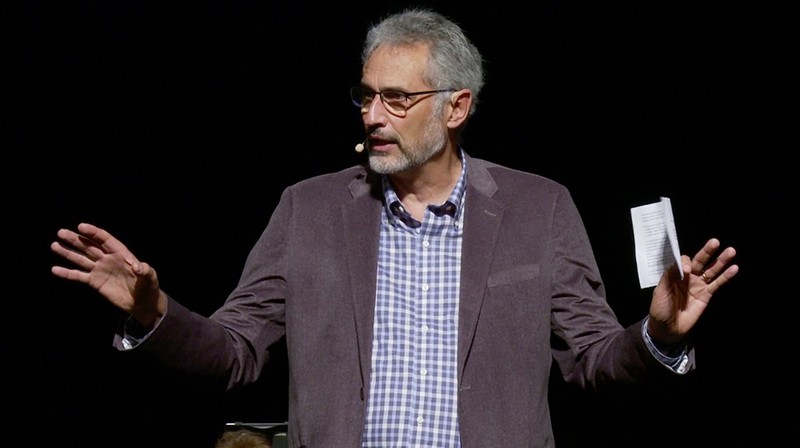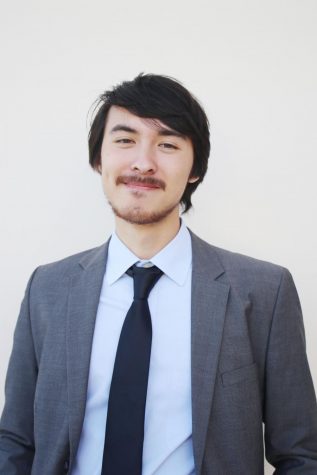Administration launched a new semesterly program in which two faculty members will have a public discussion regarding contentious issues to help students learn to disagree well, with the first discussion scheduled for April 9.
TALKING IT OUT
President Barry Corey, along with professor of communication studies Timothy Muehlhoff, professor of psychology Tamara Anderson and professor of biblical and theological studies Richard Langer, announced the program to the Biola community during the All-Community Chapel on Feb. 7.
Communication studies chair Joy Qualls and associate professor of political science Darren Guerra will lead the first discussion on the subject of how faith guides political convictions.
“As Christians, we should care about getting this right, but as we argue our ideas we should also preserve our relationships,” Corey said during the chapel. “Truth and grace are intrinsic values. We hold them both highly, and amidst the anger defining so much of our culture, we must model deep Christian thinking and genuine Christ-like kindness.”
These discussions will center around topics students will find relevant and helpful, according to director of administration in the office of the president Brian Shook. In a meeting on this topic, the Student Government Associationspent time brainstorming ideas for Shook. Some of the responses he received included immigration, abortion, egalitarianism and complementarianism, sexuality and the #MeToo movement.
“I think most Americans are discouraged that, in a time when we need to talk about DACA, we need to talk about immigration, about the Syrian refugee crisis, about sexual identity and things like that, Americans have really lost the ability to do that because the models that we see are very contentious and partisan,” Muehlhoff said.
UNDERSTANDING THE DISAGREEMENT
Qualls and Guerra will prepare for the discussion by meeting together to understand the other’s views and their reasons for holding them. For instance, Guerra will meet with Qualls and her friends who share her views, acting as an observer as they discuss contentions amongst themselves. Qualls will also do the same for Guerra.
“Usually when two people say they disagree they have not first succeeded in understanding each other,” Langer said during the chapel. “I would like to argue you can’t possibly disagree with someone until you are able to explain their position in a way they would look at you, nod their head, and say, ‘Yes, that’s what I believe.’”
Guerra agrees that disagreement necessitates mutual understanding, though not necessarily a conclusive consensus between the parties.
“A lot of what passes for disagreement is just people talking past each other. To actually achieve disagreement is to say, ‘Okay, I understand, I can restate your argument, you can accept that restatement, yet I still disagree for these reasons.’ That’s a little harder to do, and people don’t always put in the effort,” Guerra said.
Qualls believes the discussions will prove to students that disagreements do not have to tear apart their relationships.
“What I hope that students will take away from the discussion is that we don’t have to be enemies of one another just because we come to different conclusions about different subjects,” Qualls said. “That we can remain in community, that we can have Christian unity with one another, that there are things that are greater than our differences.”








